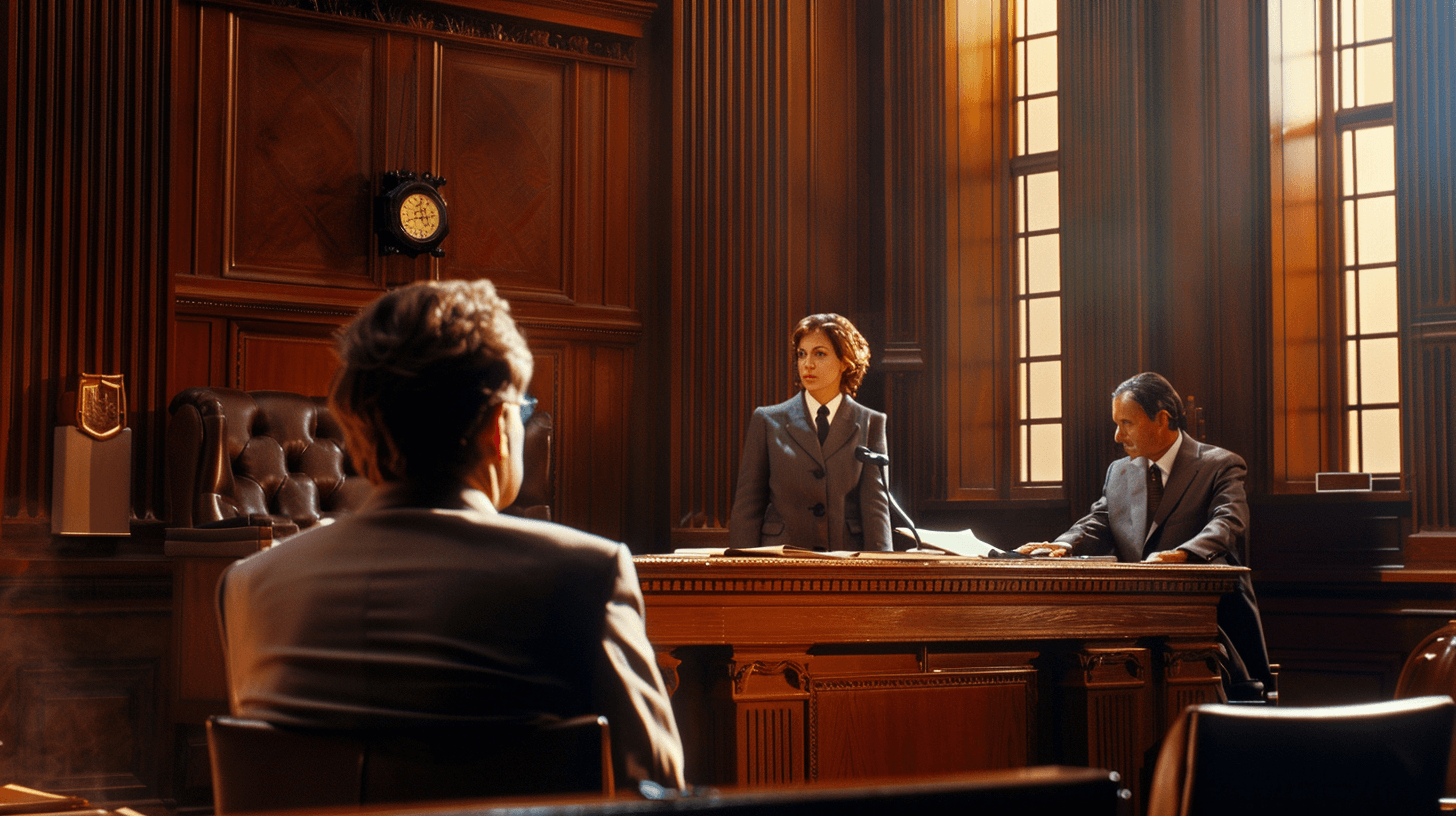September 16, 2025

Being charged with a crime is overwhelming. From the moment of arrest, defendants and their families want answers: What happens next? How serious is this? Do I have any chance of reducing charges?
One of the earliest and most important stages in a criminal case is the preliminary hearing. This hearing doesn’t determine guilt or innocence. Instead, it acts as a checkpoint—a chance for the judge to decide whether enough evidence exists for the case to proceed to trial.
Understanding the process can help defendants prepare, reduce anxiety, and see where skilled defense strategies can make a difference.
The preliminary hearing serves two main purposes:
This stage is similar in principle to how couples approach a prenuptial agreement (The Pros and Cons of a Prenuptial Agreement). Just as a prenup sets boundaries and clarifies expectations before marriage, a preliminary hearing sets the stage for what comes next in criminal proceedings.
Unlike a trial, where guilt must be proven beyond a reasonable doubt, a preliminary hearing requires only probable cause. This lower standard means that most cases proceed—but it also provides opportunities for the defense to challenge weak evidence.
In many ways, this mirrors how lawyers build personal injury claims. As outlined in How Our Firm Calculates the Value of Your Injury Claim, evidence strength directly influences value. In criminal law, evidence strength determines whether a case survives the preliminary stage.
During a preliminary hearing, you can expect:
It is not a full trial—there is no jury, and the defense may or may not present evidence. Often, the strategy is to learn as much as possible about the prosecution’s case rather than reveal defense tactics early.
This approach resembles corporate litigation strategy (The Business Law Firm Difference in Corporate Litigation), where careful timing and disclosure shape outcomes.
Defense counsel is essential during a preliminary hearing. They can:
The need for expertise is similar to choosing private representation in criminal defense generally (The Benefits of a Private Criminal Defense Attorney vs. a Public Defender). Skilled attorneys bring preparation, strategy, and negotiation power.
The judge may:
This flexibility highlights why the hearing is crucial. It’s not just a formality—it can reshape the trajectory of a case. In fact, it parallels negotiations in high-asset divorces (Why Our Firm Excels at High-Asset Divorce Litigation), where early strategy often determines final outcomes.
Case studies in law consistently show that preparation makes the difference:
For defendants and families, this stage feels intimidating. Seeing evidence laid out and hearing testimony can create fear about the future.
But with strong advocacy, families find reassurance. The same client-focused approach that supports families in custody disputes (Client Success Story: Navigating a Difficult Child Custody Battle) applies here: defense attorneys don’t just fight cases—they guide people through uncertainty.
Preliminary hearings are just one example of how law is about preparation and foresight:
Across all these, the principle is the same: when the law is complex, guidance matters.
A preliminary hearing may not decide guilt or innocence, but it can change everything. It previews the prosecution’s case, provides the defense with opportunities, and sometimes results in reduced or dismissed charges.
The stakes are high, but so is the potential for skilled attorneys to make an impact. Just as in personal injury, family law, or business disputes, preparation and advocacy turn uncertainty into strategy.
For anyone facing criminal charges, understanding what happens at a preliminary hearing is the first step in protecting their rights and their future.
Stay up to date with the latest legal tips, expert insights, case studies, and step-by-step guides to help you protect your rights, grow your business, and make informed decisions—no matter your legal needs or industry.